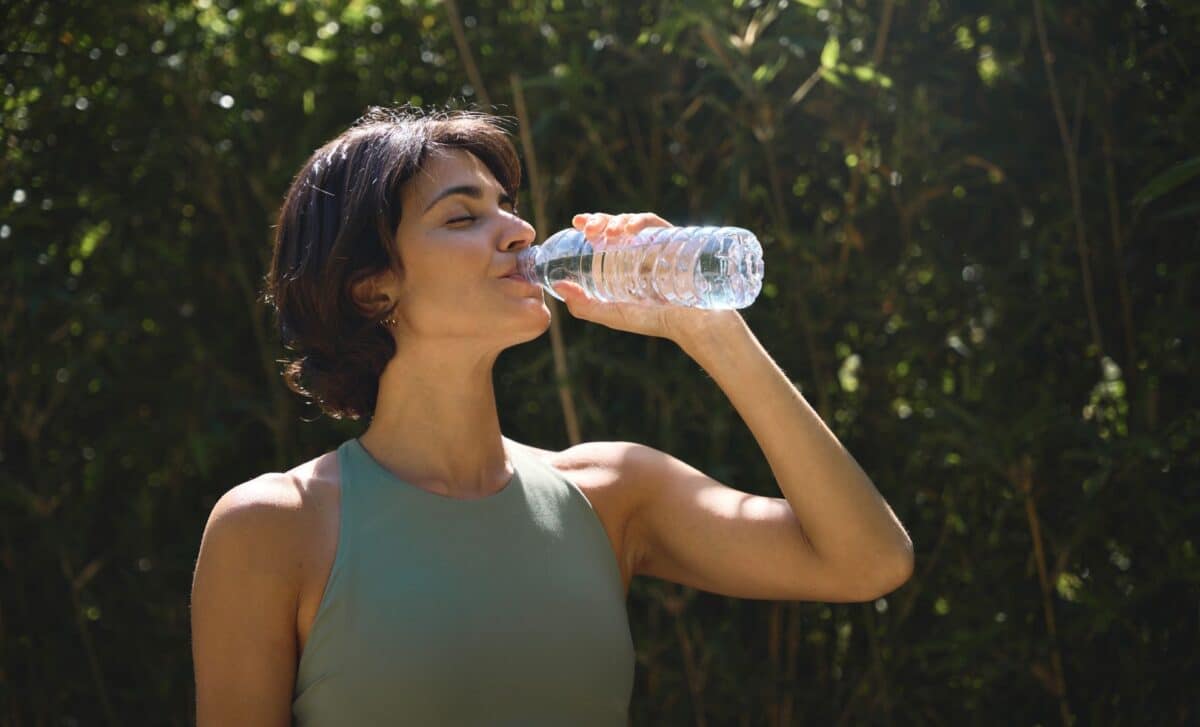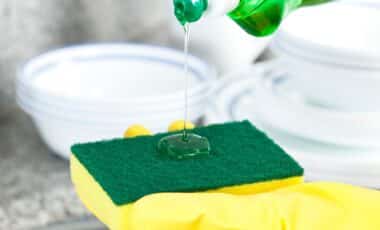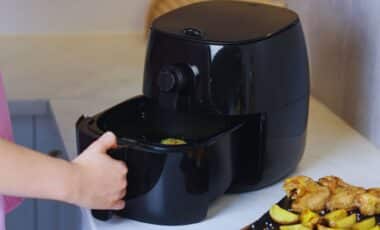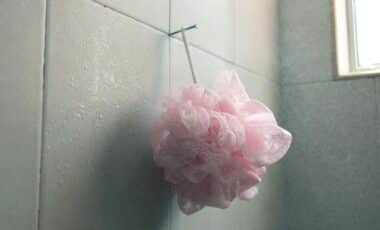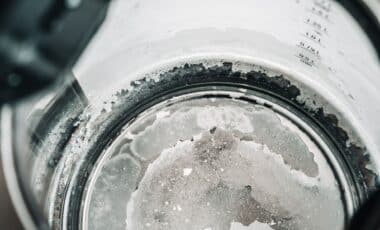Staying hydrated is vital during summer, yet most people unknowingly make a mistake that affects how well their body absorbs water. Experts agree that while drinking water is non-negotiable in hot weather, the way it’s consumed can make a significant difference.
How hydration works during summer
As temperatures rise, so does our body’s demand for water. Between sweating and natural fluid loss, the body uses up its water reserves faster than usual. According to health professionals, the general recommendation is to consume at least 1.5 liters of water daily. This includes fluids from food and beverages, but individual needs vary. Age, physical activity, and overall health can influence how much water a person requires.
Yet, experts point out that the amount of water isn’t the only factor to monitor. The frequency and timing of consumption play an equally important role. Many people rely on a single large glass during or after meals, assuming it’s enough. Research suggests this habit may be less effective than it seems.
Why You Should Put Baking Soda in Your Fridge Before Going on Vacation
Why drinking during meals may not be ideal
A common pattern during summer is to drink water only during meals or after intense activity. This often results in consuming large amounts all at once. According to Lindsay Baker from the Gatorade Sports Science Institute, this behavior can actually reduce the benefits of hydration. She notes that drinking a large volume of water in one go “pushes the body to eliminate it quickly through urine,” meaning the body retains only a small portion.
This rapid elimination causes the body to miss out on sustained hydration. The result? Symptoms of mild dehydration, such as headaches, fatigue, and dry mouth, can appear even in people who think they’re drinking enough. The problem isn’t just how much water is consumed, but how it’s spaced out throughout the day.
How to drink water effectively in hot weather
Hydration experts recommend adopting a gradual approach to water intake. Rather than downing large glasses infrequently, sip small amounts regularly. This steady flow helps the body better absorb and retain fluids. There’s also no need to wait until thirst sets in — by then, mild dehydration may already be in effect.
Simple routines like starting the day with a glass of water, sipping slowly during meals, and drinking steadily throughout the afternoon can make a significant difference. This method not only supports optimal hydration but also reduces the risk of frequent urination and the false belief that hydration needs are already met.

